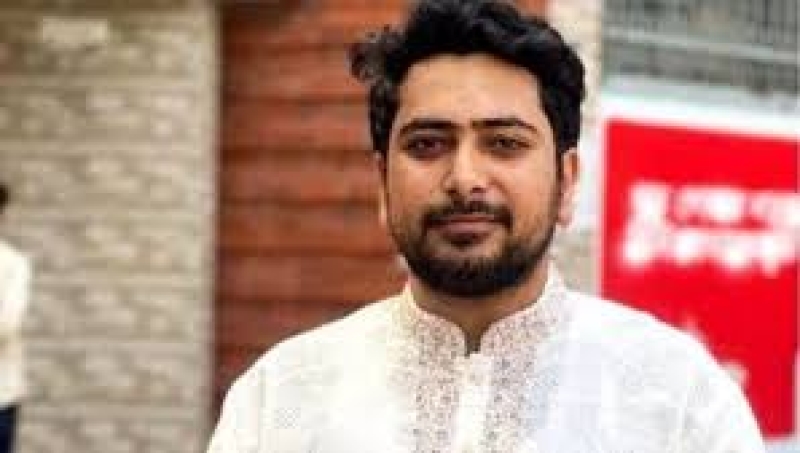- BNP fast-tracks cabinet plans after resounding victory |
- Modi Calls Tarique, Pledges India’s Support |
- Bangladesh Set for First Male PM in 35 Years |
- Presence of women voters is noticeable at polling stations in Kalapara |
- Tarique Rahman wins both Dhaka-17, Bogura-6 seats |
Delhi Using ‘Minority Persecution’ to Back Awami League
Says Adviser Nahid

Delhi is leveraging the narrative of “minority persecution” to rehabilitate the “fascist” Awami League (AL) and derail Bangladesh’s democratic progress, said Information Adviser Nahid Islam on Tuesday.
In a post on X (formerly Twitter), Nahid asserted that India’s ruling elite is undermining Bangladesh’s democratic and nation-building efforts, urging New Delhi to redefine its relationship with Dhaka based on “equity, fairness, and mutual respect.”
“We have consistently emphasized that the Indian government must move beyond its fixation with the Awami League and adopt a balanced approach toward Bangladesh,” Nahid wrote.
Highlighting historical ties, Nahid stated that Bangladesh shares deep cultural and historical connections with West Bengal, Tripura, and Assam, making them important stakeholders in fostering harmony. He acknowledged the solidarity shown by students in Kolkata and Delhi, who have stood against Sheikh Hasina’s alleged atrocities. However, he accused India’s ruling elite and Hindutva forces of fostering division and exploiting Bangladesh’s political awakening for domestic political gains.
“India’s current leadership perceives Bangladesh’s uprising and the political consciousness of its students as a threat. This has led to deliberate attempts to fuel hatred and disrupt the natural bond between the two nations,” Nahid claimed.
He also criticized India for supporting the Awami League, accusing the party of perpetuating minority persecution during its rule. “While the Awami League has presided over the worst levels of minority persecution in Bangladesh, Delhi continues to back it unconditionally, even as India struggles to ensure the rights of its own minorities,” Nahid said.
Nahid alleged that India’s support for Sheikh Hasina—whom he accused of genocide and child killings—undermines the shared democratic values between the two nations. He warned that the BJP’s strategy of politicizing Bangladesh in its domestic arena could backfire, destabilizing both countries in the long run.
“Turning Bangladesh into a tool for India’s internal politics, particularly through anti-Muslim and anti-Bangladesh rhetoric, will neither serve India’s national interests nor contribute to its unity,” Nahid cautioned.
He concluded with a call for India to cease “false propaganda” against Bangladesh and focus on fostering harmony, mutual respect, and democratic principles between the two neighbors.

